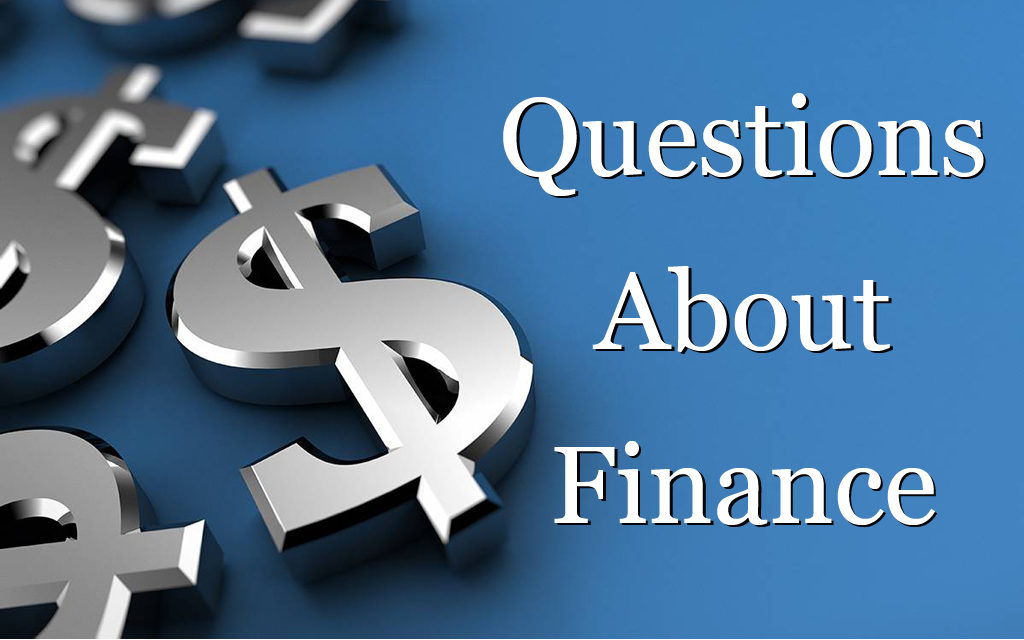By Taylor J. Kovary – CEO/Founder, Kovar Wealth Management
–Hey Taylor – Happy New Year! I want to be better with my money this year, but I think I say every January. Any tips on setting some good financial resolutions for 2024?
–Hey Michael – Happy New Year to you! This is the one month out of the year when everyone gets very focused and diligent about their spending—then things are usually off track by Valentine’s Day. If you want to set lasting goals, you need to figure out a system that works for you. I’ll throw out some broad ideas and hopefully, you can pinpoint a method you can latch on to.
- Plan ahead. If you don’t have your eyes on the future, you’ll never stop the problematic spending that gets you into trouble. All of the mechanisms of a healthy financial plan—a good budget, a retirement account, an emergency fund—require some foresight. How you develop the ability to plan ahead depends on how your brain works. Maybe you need to put your first paycheck toward living expenses and the second one into savings and your IRA, thereby setting a limit on how much you can put toward groceries, gas, dining out, etc. Maybe you need a budgeting app like YNAB or Monarch that will provide a visual of where all your money goes. Whatever you decide, it has to be more long-term than just being frugal for the month of January; see if you can make some decisions that will still impact your spending and savings six months down the road.
- Spend less. Almost everyone could stand to cut spending in at least one category. Maybe you’re a streaming service junky, maybe you’re a coffee aficionado, maybe you’re a bookworm and just love the feel of a brand-new hardcover. Whatever your spending vice, you have to be honest with yourself and try to cut back. Cancel a subscription, limit coffee purchases to weekends, get a library card—a change of routine is often the fastest way to save money. Make a change today and you’ll see the difference on February 1st. You just have to make sure to stick with the new routine.
- Invest more. Spending less is a good concept in theory, but it’s useless in practice if you don’t know what to do with the money you’re saving. Once you have your debts paid off and an emergency fund padding your savings, where will the rest of your savings go? You need an IRA to max out, you could do well to have a brokerage account where you buy shares of companies you love, and then you can start making bigger, more exciting investments. Do you want to own a rental property? Start a business? Finance someone else’s business? Make sure you’re thinking about long-term investments so you don’t just save money and then blow it all on a lavish, one-time trip to the Bahamas.
You don’t have to be a genius to come up with good financial habits. You just have to be committed to the cause and stick with your plan. Good luck, Michael, and keep me posted on how it goes. Happy New Year!





